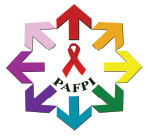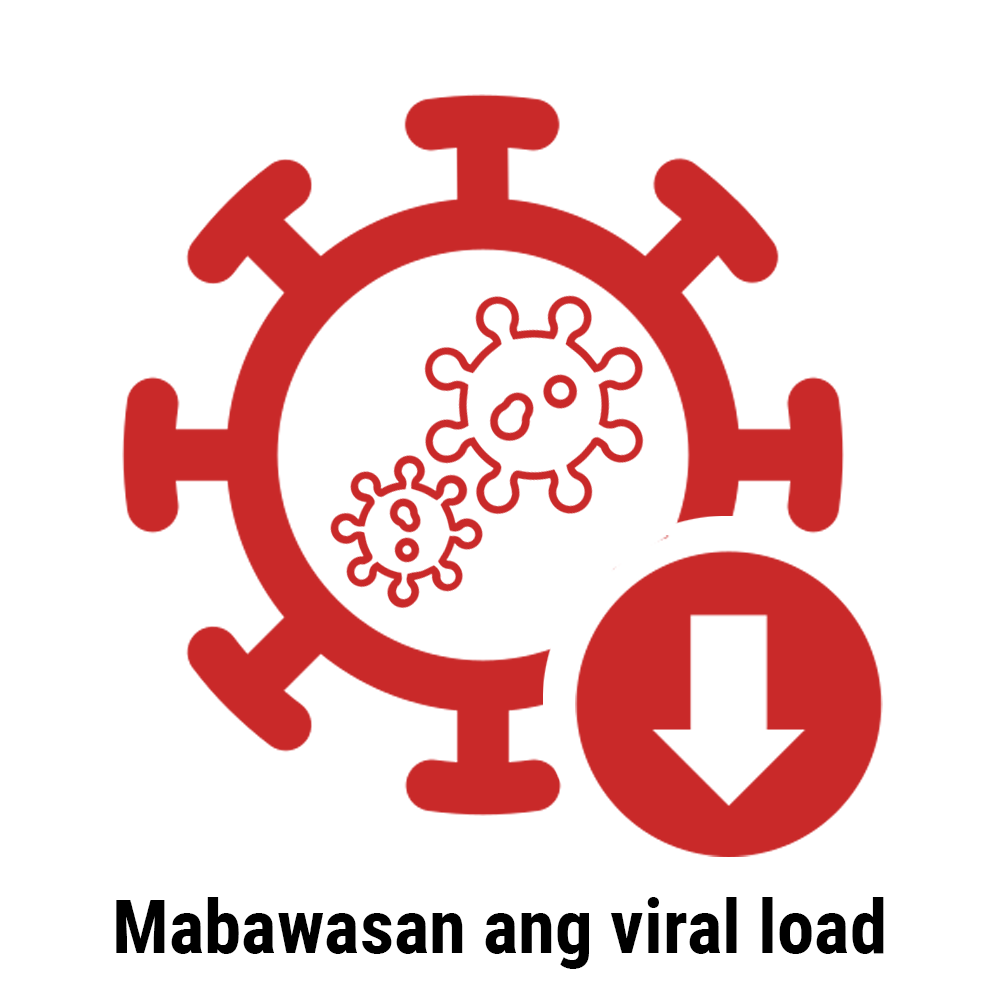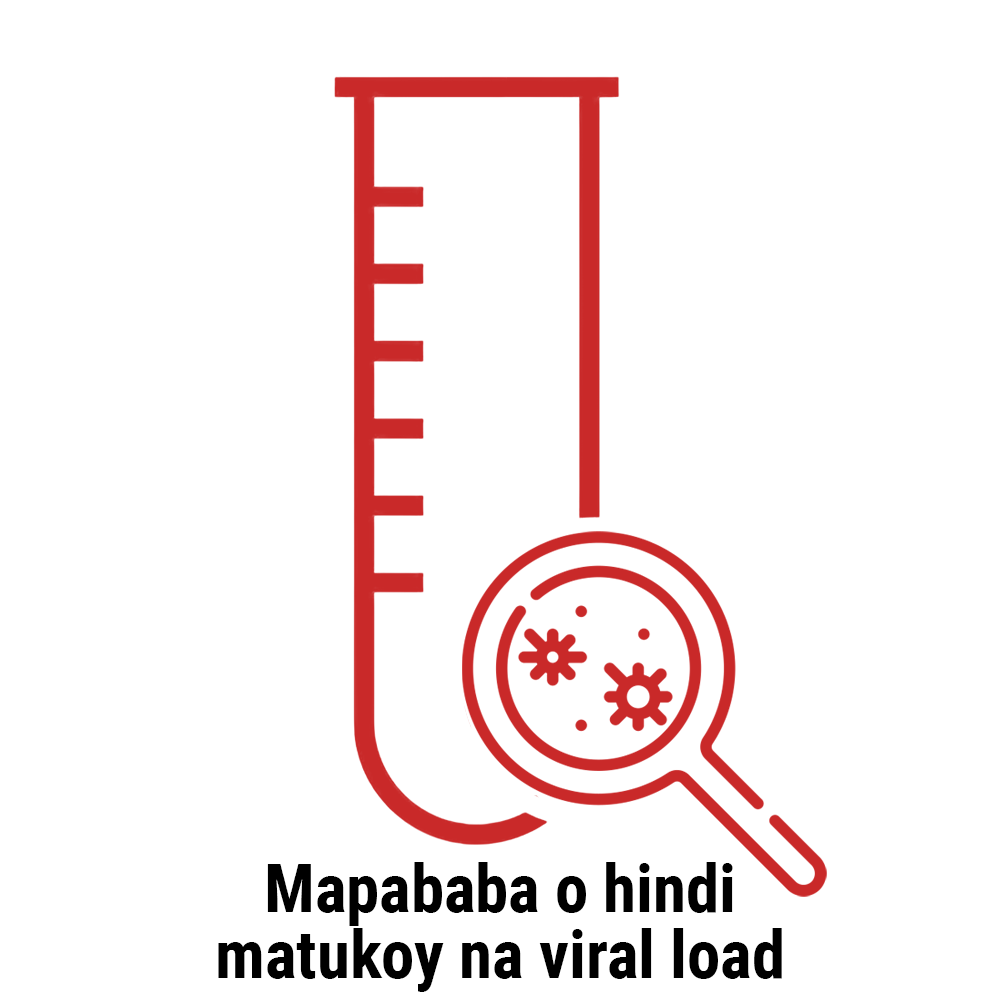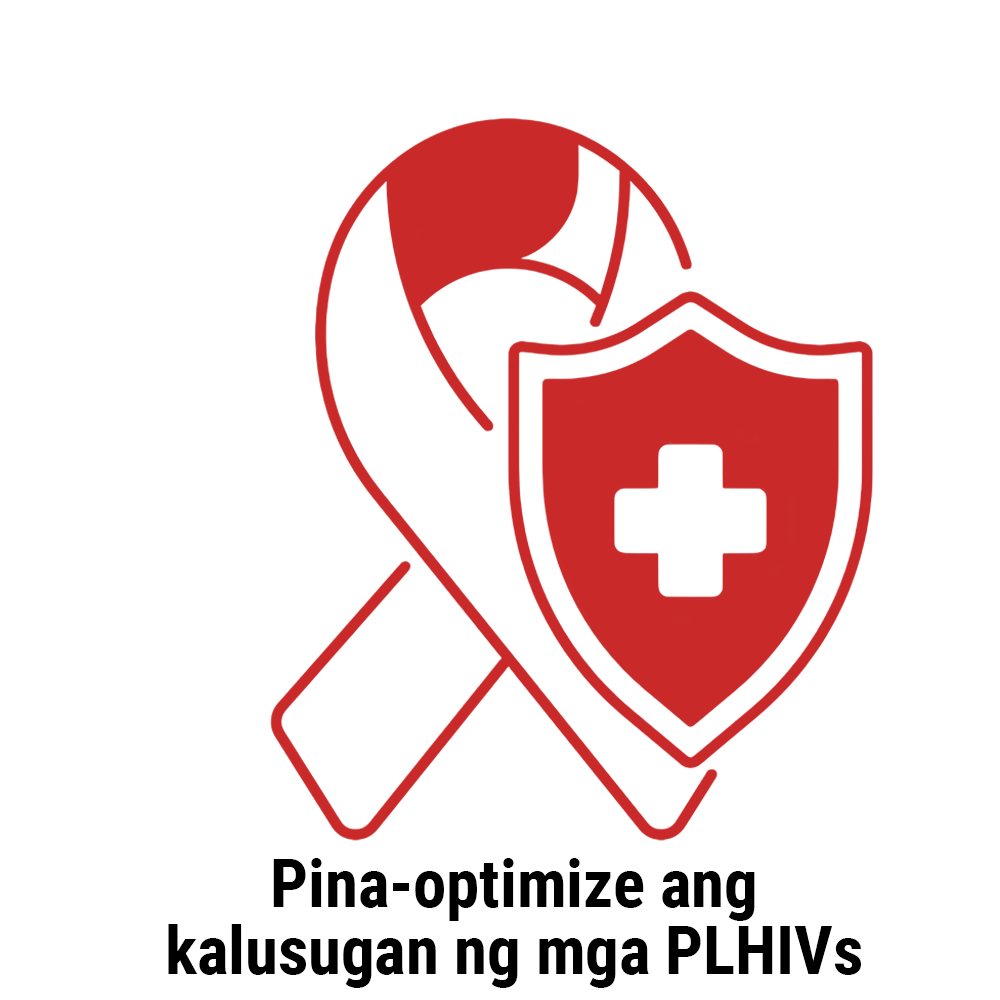HIV TREATMENT
Why starting antiretroviral therapy after diagnosis is best?
What happens when you start ART late?
IMPORTANT!!!
PLHIVs who continue to take ART can lead to U=U, or undetectable equals untransmittable. In short, continuing ART and maintaining an undetectable viral load cannot sexually transmit HIV to others. There is no to low risk of transmitting the virus through oral, vaginal, or anal sex, or a slight risk of transmitting it during pregnancy up to delivery.

Do HIV medications have side effects?
- dry mouth
- nausea, vomiting
- difficulty sleeping
- headache
- fatigue
- diarrhea
- dizziness
- rash
IMPORTANT!!! If the side effects persist, speak to your physician
What is the cost of HIV treatment?
IMPORTANT!!! The yearly cost of treatment could increase depending on health complications.
What are the psychological barriers that could affect HIV treatment?
What are the other issues and concerns that could affect HIV treatment?
In the Philippines, PLHIVs can avail of the Outpatient HIV/AIDS Treatment Package of the Philippine Health Insurance Corp. (Philhealth). The health insurance agency reimburses up to P30,000 a year for the medical costs of laboratory exams, including testing for the CD4 level. The health package includes antiretroviral drug toxicity monitoring tests and the professional fees of healthcare professionals caring for the health needs of PLHIVs undergoing treatment.



